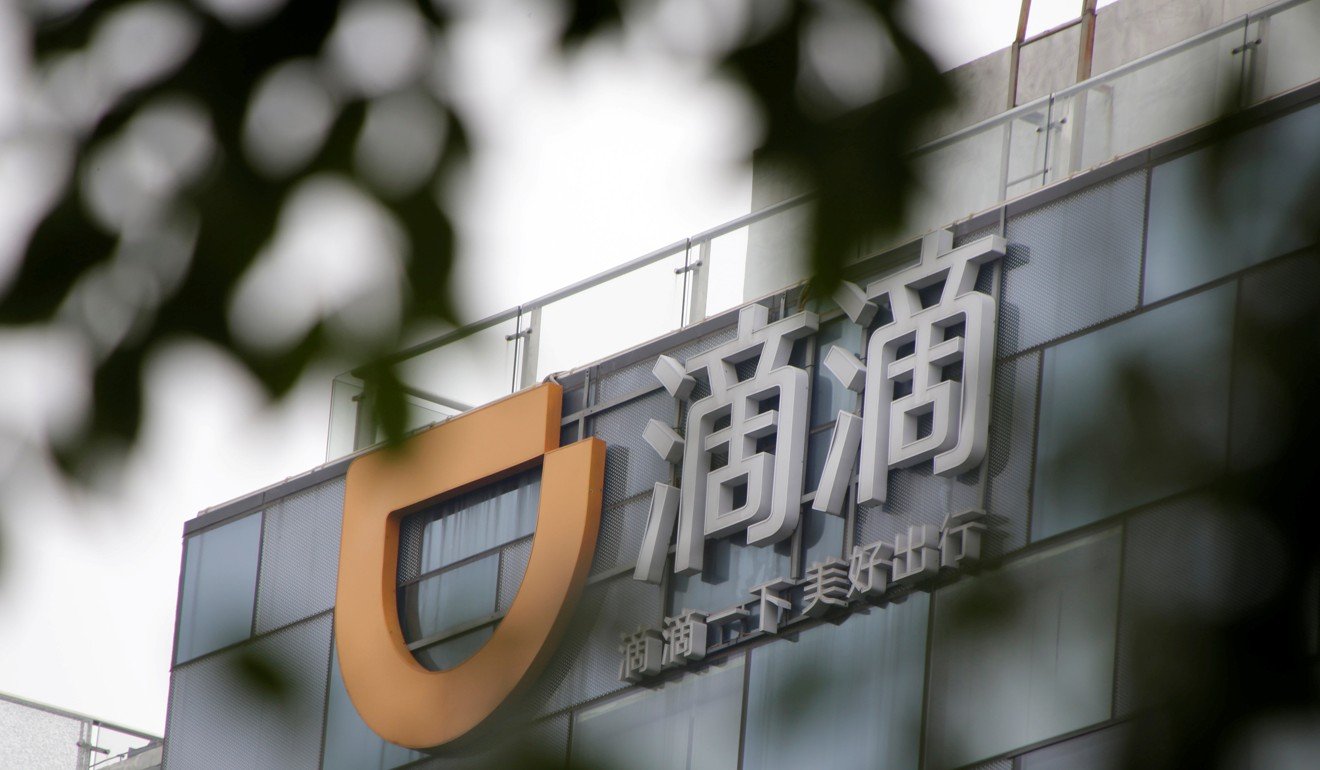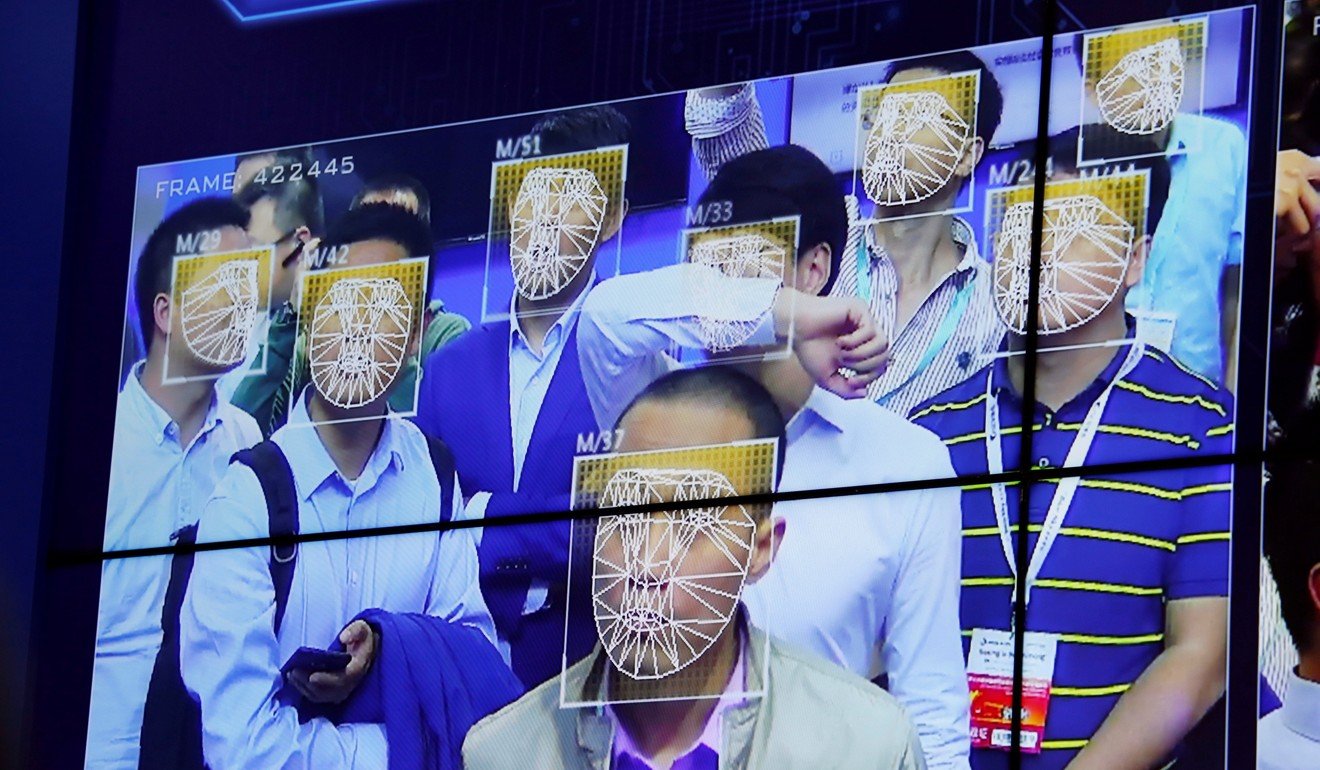
This Beijing hub is home to 10 major AI labs driving China’s tech ambitions
- Zhongguancun has 9,000 hi-tech companies
- These include Chinese search engine and AI champion Baidu and social media giant Sina Corp
Zhongguancun is often referred to as China’s equivalent to Silicon Valley, thanks to its heritage as an innovation hub encompassing the country’s top two universities and a number of incubation centres for start-ups.
Established 30 years ago, the area is the birthplace for some of the country’s best-known technology firms as well as China headquarters for many international players.
Today, Zhongguancun is home to about 9,000 hi-tech companies, including Chinese search engine and artificial intelligence champion Baidu, social media giant Sina Corp, as well as regional headquarters for global giants like Microsoft and Google. Nearly half of the country’s 70 unicorns – start-ups with a valuation of US$1 billion or more – are located in the area.
Zhongguancun is also at the epicentre of a wider effort by Beijing municipal authorities to encourage the development an AI industry, part of the country’s broader efforts to gain supremacy in a technology that has been called the fourth industrial revolution.
Here is a list of 10 AI labs in Zhongguancun (in alphabetical order).
1. Baidu Research
Situated inside Baidu Technology Park in the northwest of Beijing’s Haidian district, the centre is the heart of the company’s research and development efforts in AI, complemented by similar facilities in Silicon Valley and Seattle.
The search giant, which committed to AI more than seven years ago, has earned the nickname the “Huangpu Military Academy of AI” – after China’s version of West Point – because it has become a cradle for training talent, some of whom end up starting their own ventures. In 2017 Baidu was hand-picked by the central government to lead the country’s AI research efforts in AI.
Baidu vice-president Wang Haifeng currently serves as the research centre head, overseeing projects ranging from natural language processing and computer vision, to autonomous driving and quantum computing.
2. ByteDance AI Lab
ByteDance, the world’s most valuable start-up with a reported valuation of US$75 billion, operates a number of app-based content products, including the hugely successful news aggregator Jinri Toutiao and popular karaoke video app TikTok.
In that sense, its self-built AI Lab was founded in 2016 to serve the company’s overarching platforms. Research focuses on machine learning, data mining, voice recognition, computer graphics, augmented reality and information security.
The Beijing-based start-up says a key research advantage is the massive amount of data it collects from its apps, which can be used to refine existing AI models and explore new applications. The lab is led by Ma Weiying, ByteDance vice-president and former assistant managing director of Microsoft Research Asia.

3. Didi AI Labs
The country’s largest ride-hailing platform is using AI to solve the real-time transport needs of 1.3 billion people at home and millions more in overseas markets including Mexico, Australia and Brazil.
The AI research facility was established in 2016. Last year, users on Didi’s platform travelled 48.8 billion kilometres, with total trips adding up to 1.7 billion hours.
The company’s AI focus is on smart dispatch systems, optimised route planning, real-time mapping, speech interaction and computer vision. Ye Jieping oversees the Didi AI lab in Beijing while its North American research facilities in Silicon Valley and Toronto are led by Gong Fengmin.
4. Intel China Research Centre
Intel was among the first foreign multinational companies to set up a research institute in China and has become deep rooted with Chinese universities in conducting frontier research, talent training and other academic collaborations.
The centre, established in 1998, now consists of five research teams: robotic innovation lab, cognitive computing lab, intelligent driving lab, communication architecture lab, and new technology centre. AI, autonomous driving and 5G are among research priorities.
Song Jiqiang serves as dean of the Intel China Research Centre.
5. Kuaishou Y-tech
Co-founded by four IT engineers, live-streaming and video-sharing platform Kuaishou set up Y-lab in 2016, later changing its name to Y-tech as it aims to one day become Kuaishou’s answer to Google’s Deep Mind.
With its main focus on AI, the lab aims to apply computer vision and machine learning to create a better interactive user experience. Such technologies are used to serve about 130 million daily active users in China as well as overseas users in countries such as Vietnam, Russia and Turkey.
Zheng Wen, a Tsinghua alumni peer of company CEO Su Hua, leads the lab.
6. Megvii Research Institute
Megvii, also known as Face++, is one of the country’s most high-profile AI start-ups because its facial scan software helps power the Ministry of Public Security’s database of about 1.3 billion Chinese people.
The company has a team of about 200 researchers in facilities from Beijing, Nanjing and Chengdu on the mainland to Hong Kong and Seattle, Washington. The research focuses on deep learning models for computer vision.
Sun Jian, former principal research manager of Microsoft Asia, serves as Megvii’s chief scientist and managing director of its research institute.

7. Microsoft Research Asia
Founded in Beijing in 1998, Microsoft Research Asia (MSRA) is the tech giant’s largest research institute outside the US. Over the last 20 year it has focused on next generation technologies and was one of the earliest to invest in AI research in China.
MSRA has extensive influence in the field, as its founding chairman Lee Kai-fu later left and set up venture capital fund Sinovation Ventures, while his successor Zhang Yaqin joined Baidu as its president.
The lab focuses on basic and applied research in areas central to Microsoft’s long-term strategy and future computing vision, including natural user interfaces, next generation multimedia, data intensive computing, and computer science fundamentals.
Hsiao-Wuen Hon is corporate vice-president of Microsoft, chairman of Microsoft’s Asia-Pacific R&D Group, and managing director of Microsoft Research Asia.
8. Sensetime Research
Founded out of the Hong Kong Science Park in 2014, Sensetime specialises in facial recognition and computer vision applications, and has positioned itself as a “platform company” for AI technologies. Dubbed the world’s most valuable AI start-up, it has already achieved profitability on the back of applications in surveillance, smart cities, internet entertainment, smartphones, finance, retail and other industries.
The company, which has dual headquarters in Beijing and Hong Kong, has formed a research institute with a team of nearly 1,000 researchers. The Beijing facility focuses on computer vision, autonomous driving, supercomputing and augmented reality technologies. Last year, it co-funded an AI lab in Hong Kong in partnership with the Alibaba Hong Kong Entrepreneurs Fund, and also set up its own smart health lab in New Jersey.
Wang Xiaogang, associate professor of electronic engineering at the Chinese University of Hong Kong and company co-founder, serves as managing director of Sensetime Research.
9. Sinovation Ventures AI Institute
Based in Zhongguancun, Sinovation Ventures established the institute in 2016 to facilitate scientific research and technology applications that centre on computer vision, natural language understanding, robot perception and decision making.
The institute consists of five AI labs in health care, education, robotics, machine learning and computational finance. It also hosts the annual AI Challenger Global Contest and conducts AI training programmes. Sinovation Ventures president and CEO Lee Kai-fu serves as chair of the institute.
10. Sogou-Tsinghua Tiangong Institute for Intelligent Computing
Founded in 2004, Sogou operates China’s second most popular search engine and boasts the fourth largest number of monthly active users after tech giants Baidu, Alibaba and Tencent.
The company donated 180 million yuan (US$26.7 million) to Tsinghua University in 2016 to co-establish an intelligent computing institute that would focus on frontier research in AI. The goal was also to apply research findings to Sogou’s products and services. The two organisations had previously established a joint lab in 2007.
A Tsinghua alumni himself, Sogou CEO Wang Xiaochuan serves as co-chief of the institute.

